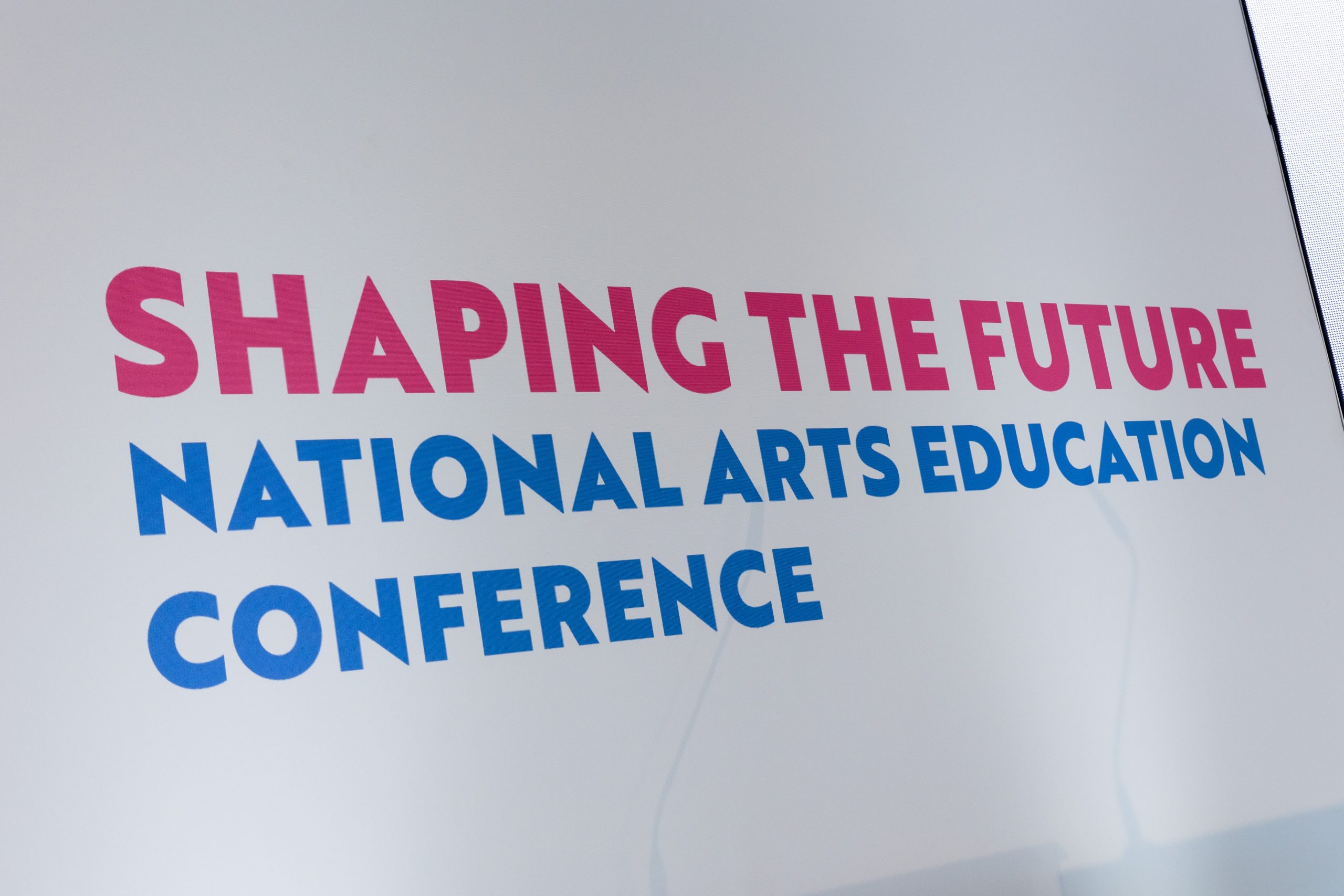Film Critic and theorist, André Bazin once said that, “As soon as it is formed, the skin of history peels off as film.” They have always proved to be a very popular genre. Many of the most critically acclaimed works of the last fifteen years can be readily identified as historical movies.
From the very beginning of the art form, historical films have served as vehicles of artistic ambition, but more importantly, as a spark for public debate. While many detractors of this genre question their potential to mislead, the historical film is also widely recognized for its ability to establish an emotional connection to the past. This can awaken a powerful sense of national belonging but also probe one’s identity. No matter what, the historical film places the audience on the balcony of History.
Recently, together with my fellow colleagues Aaron Briffa and Pedja Miletic, I have embarked on a wondrous journey to try and bring to life the bread riots of 1919. Blood on the Crown has already opened in North America to an astounding success.
Crippled by years of austerity, soaring unemployment and rising prices, an exhausted Maltese population rose to challenge the despotic Colonial Office. A day of rage was called on the 7th of June, 1919. Thousands of hungry, destitute and hopeful men descended upon the city to demand much needed reforms. The protests turned violent. The British flag was torn down from many government buildings. Numerous edifices were looted and then burnt. British troops were immediately deployed to restore peace and order. Blood flowed freely as many died that day. The British hid the story from the public and tried to cancel any traces of what happened.
The film gives a snap shot of that fateful day. It tries never to take sides. Caught in the cross hairs of duty and oppression, the viewer is placed centre stage, reliving pages of silenced history, shifting between the occupier and the occupied.
The film was directed by award winning director Davide Ferrario who moved his camera with great elegance to capture the very soul of humanity on both sides of the conflict. Hollywood legends, Malcolm McDowell and Harvey Keitel form part of the cast. The Maltese actors are not side-lined into secondary roles but form part of the backbone of this movie.
The music is written by Maltese composer Alexey Shor. Blood on the Crown would have never been made if it wasn’t for the support of Anamorphic Media, the Arts Council Malta, the European Foundation for Support of Culture, and Trilight Entertainment and Screen Malta.
A singular thanks goes out to Albert Marshall and Mario Azzopardi, two stalwarts of culture, who have been instrumental in aiding this production and helping us shape its ambitious vision. Konstantin Ishkhanov was equally vital to the whole production.
Johan Grech and his team at the Malta Film Commission deserve another special mention for their constant and heartfelt assistance.
Finally, the production team would also like to thank Minister Jose Herrera and Simon Abela for believing in this story.
The film, covid permitting, should open in Malta on the 5th of June.
Words by Dr Jean Pierre Magro.

